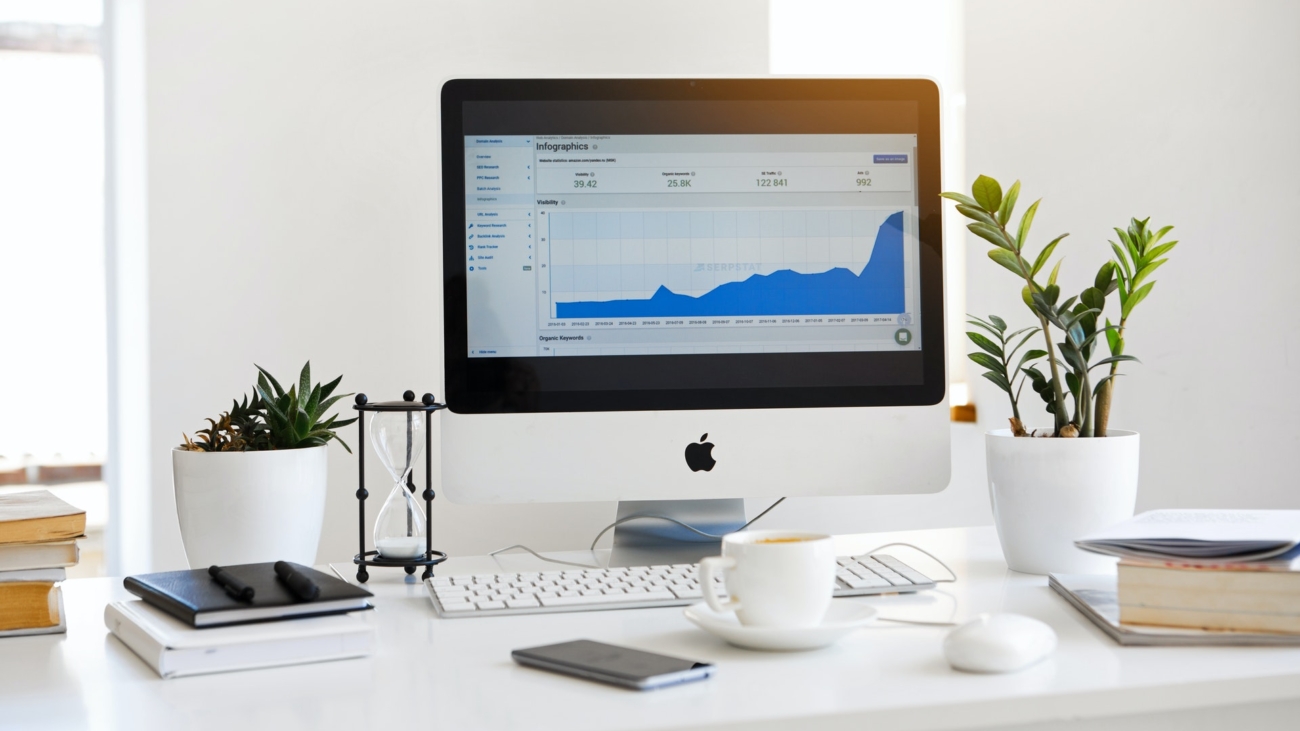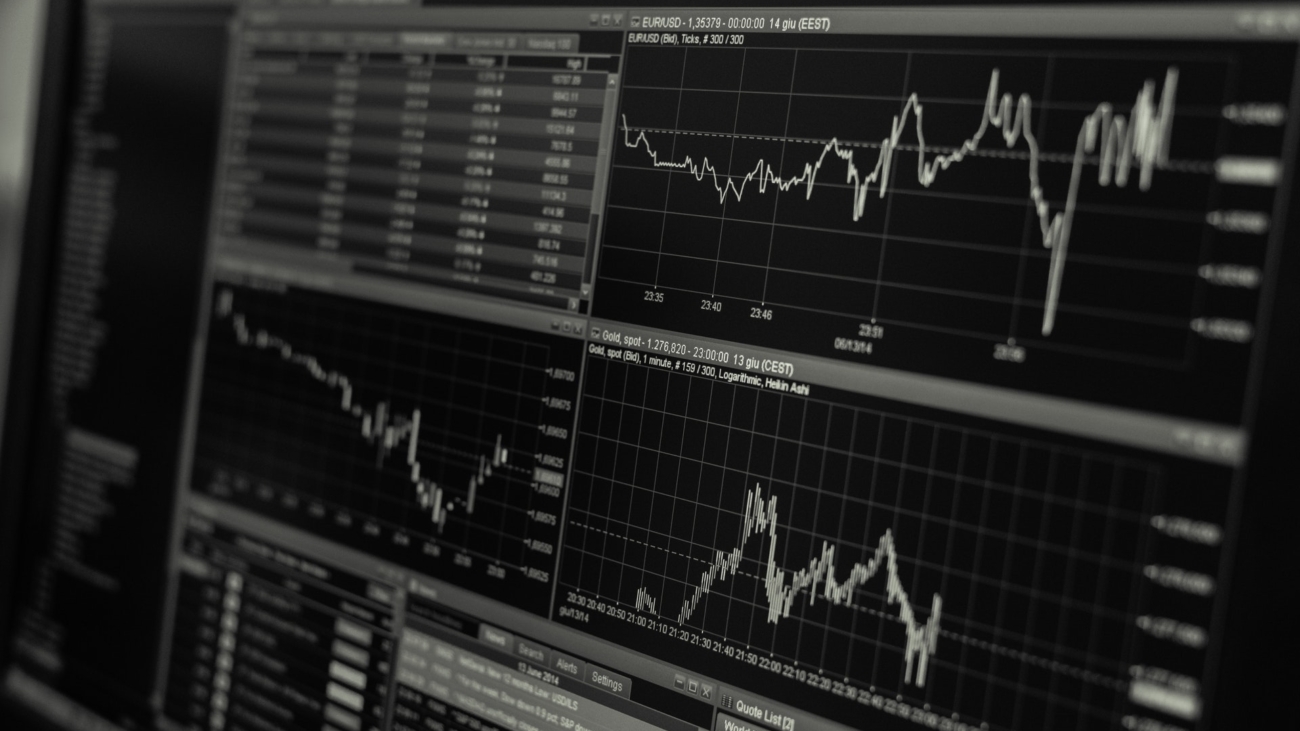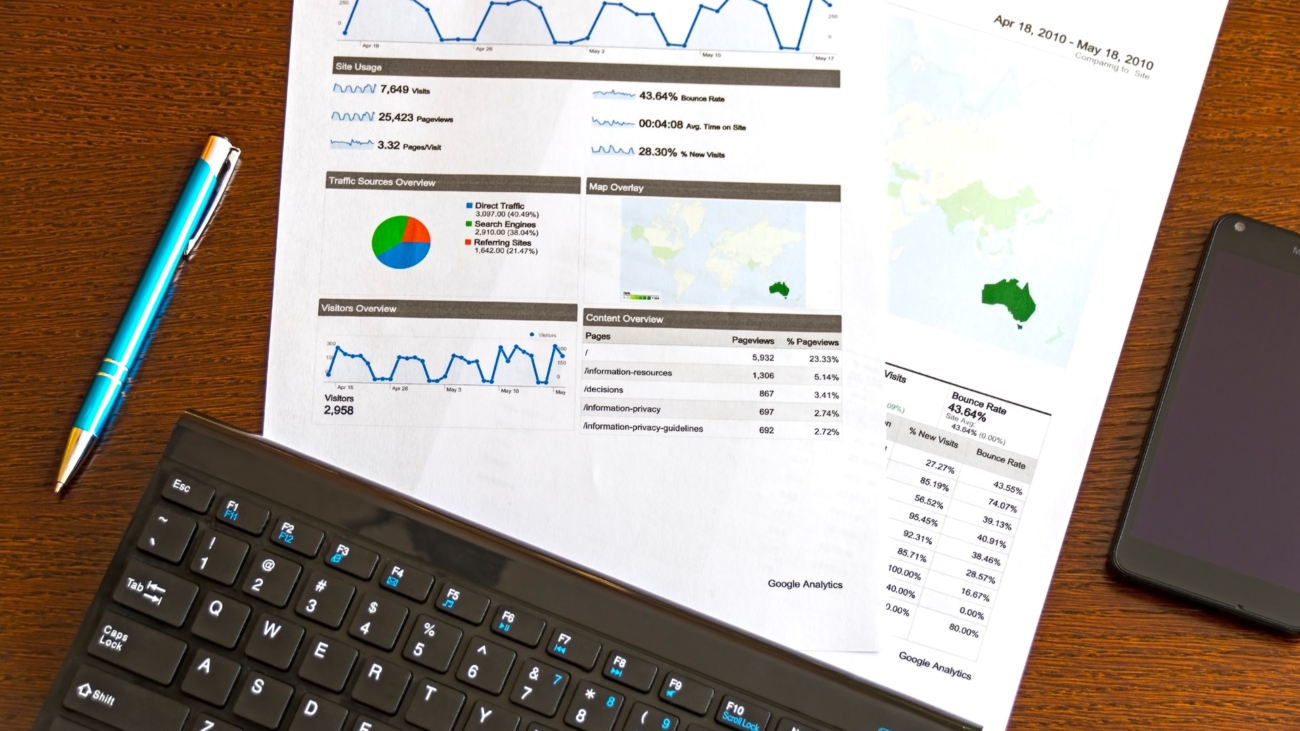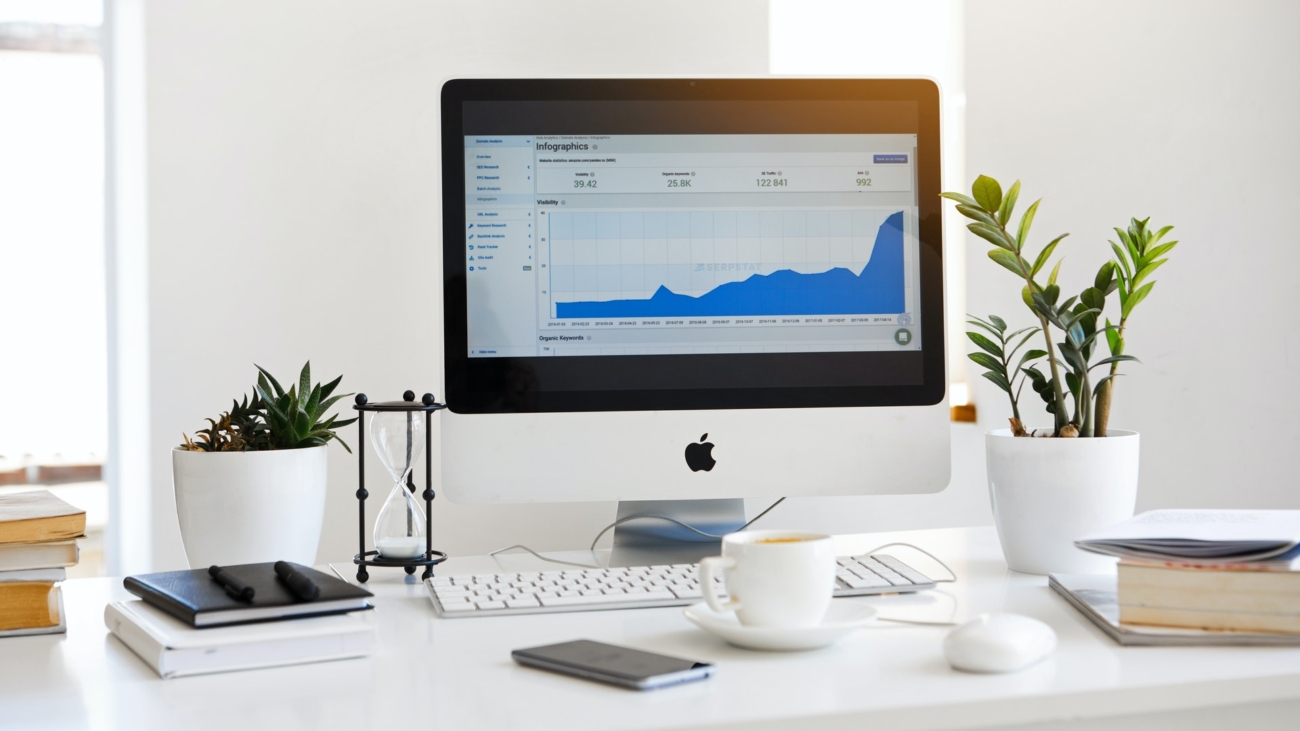In this day & age of instant gratification, patience is almost non-existent. There are very few people who have patience and very few people who make money in the market. Mostly these people are the same i.e. one who is patient makes money and the one who is not, continues his or her generosity in the market.
Nowadays in order to trade or invest all you need is money in the bank and a Demat & Trading account. Having a trading account is your license to trade whether you have the knowledge or experience is least of anyone’s concern.
One starts to trade and then experience loss, trade more which results in even bigger losses eventually losses take a heavy toll on the trading account and trading comes to an end within few months.
There are few however who begin to think about what has happened and start learning. They watch videos, attend seminars, maintain daily data, do daily analysis things improve but still trading account remains negative and it keeps leaking money sometimes less sometimes more. So, what does one needs to do in order to start making the consistent return in the stock market? Well, the answer is you need a mentor. Someone who has seen decades of market ups & downs. No matter how many seminars you attend or how many YouTube videos you see, consistency can only come if you have a mentor who can correct your mistakes even before you commit them. Problem with doing things on our own is that in the stock market there is a cost to pay for mistakes committed. A mistake at the wrong time may cost you the full trading capital. This is where a mentor can guide you in becoming a professional. Take sports, for example, a player needs a coach to get better. Coach is needed right from the childhood i.e. when one starts playing a sport and even at the time when they are playing professionally. A surgeon after finishing studies practices under a senior surgeon to become professional. A pilot after finishing studies does not just start flying plane, he has to have a specific number of flying experience as a co-pilot under a trained, professional pilot. Mentoring is required in every field.
Why do we take a different approach when it comes to trading that too on our own money? In order to succeed in any field, you need a mentor. It’s even truer in the stock market. What a mentor can tell in one single line may save you from the pain most traders go through. It not just elevates your chances of surviving in the market but also earning from it. It’s easy to assume how to trade successfully can be learned in few days or month. Trading is an art and like any other art takes few years to master. Patience & not blowing your trading account are the key here. One must be patient to learn this craft. For regular coaching and hand-holding and nurturing that an investor and a trader needs. Attend this Free Webinar. Register for the Free Webinar by clicking on the link below
www.Modit.live/Freedom
In this day & age of instant gratification, patience is almost non-existent. There are very few
people who have patience and very few people who make money in the market. Mostly these
people are the same i.e. one who is patient makes money and the one who is not, continues his
or her generosity in the market.
Nowadays in order to trade or invest all you need is money in the bank and a Demat & Trading
account. Having a trading account is your license to trade whether you have the knowledge or
experience is least of anyone’s concern.
One starts to trade and then experience loss, trade more which results in even bigger losses
eventually losses take a heavy toll on the trading account and trading comes to an end within
few months.
There are few however who begin to think about what has happened and start learning. They
watch videos, attend seminars, maintain daily data, do daily analysis things improve but still
trading account remains negative and it keeps leaking money sometimes less sometimes more.
So, what does one needs to do in order to start making the consistent return in the stock
market? Well, the answer is you need a mentor. Someone who has seen decades of market ups
& downs. No matter how many seminars you attend or how many YouTube videos you see,
consistency can only come if you have a mentor who can correct your mistakes even before you
commit them. Problem with doing things on our own is that in the stock market there is a cost
to pay for mistakes committed. A mistake at the wrong time may cost you the full trading
capital. This is where a mentor can guide you in becoming a professional.
Take sports, for example, a player needs a coach to get better. Coach is needed right from the
childhood i.e. when one starts playing a sport and even at the time when they are playing
professionally. A surgeon after finishing studies practices under a senior surgeon to become
professional. A pilot after finishing studies does not just start flying plane, he has to have a
specific number of flying experience as a co-pilot under a trained, professional pilot. Mentoring
is required in every field.
Why do we take a different approach when it comes to trading that too on our own money?
In order to succeed in any field, you need a mentor. It’s even truer in the stock market. What a
mentor can tell in one single line may save you from the pain most traders go through. It not
just elevates your chances of surviving in the market but also earning from it.
It’s easy to assume how to trade successfully can be learned in few days or month. Trading is an
art and like any other art takes few years to master. Patience & not blowing your trading
account are the key here. One must be patient to learn this craft.
For regular coaching and hand-holding and nurturing that an investor and a trader needs.
Attend this Free Webinar.
Register for the Free Webinar by clicking on the link below
www.Modit.live/Freedom











